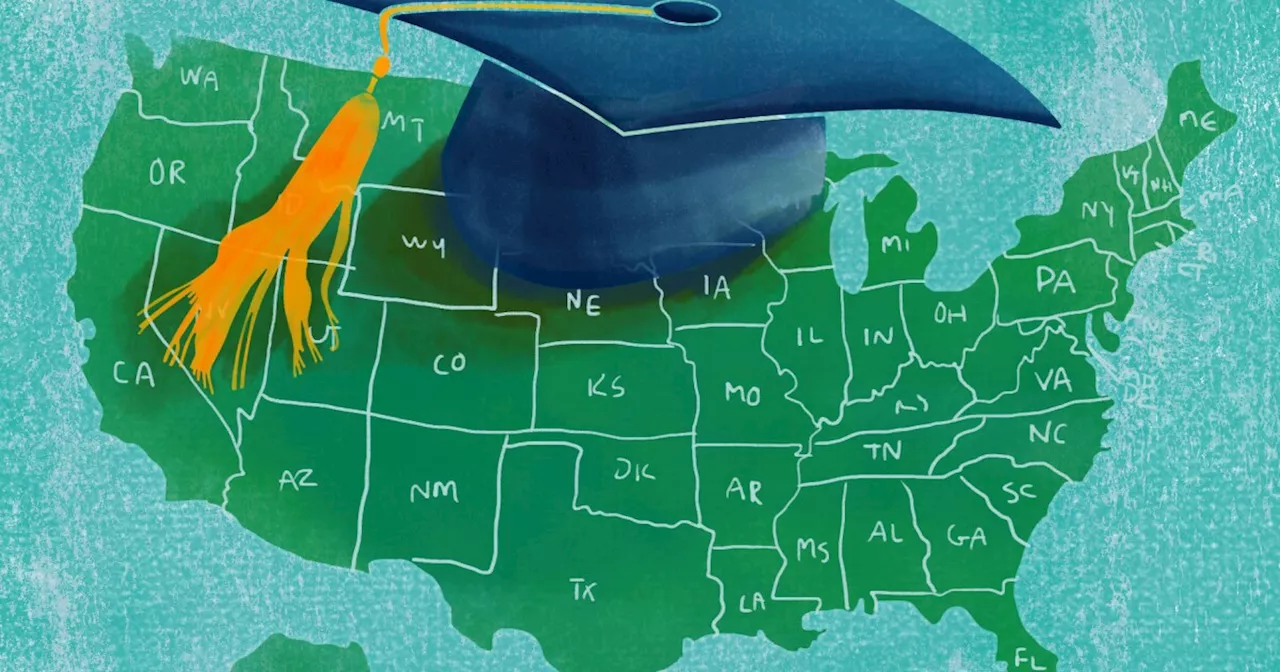President Trump is considering significant reductions to the Department of Education, including potentially shutting down programs and urging Congress to abolish the department entirely. This move is driven by a belief that the department represents government overreach. However, many of the department's functions, particularly those related to funding and student loans, are mandated by law and enjoy bipartisan support.
President Trump is exploring dramatic cuts to programs and staff at the Department of Education, including an executive action shuttering programs that are not protected by law and calling on Congress to close the department entirely. The president and his colleagues have pointed to the U.S. Education Department as a poster child for government overreach .
Republicans have been calling for a look at what the Education Department does and doesn't do — and how much of it is protected by acts of Congress.Many of its responsibilities were given to it by lawmakers. (The U.S. Constitution doesn't actually mention a federal role in education.) Here's a look at what the Education Department does and doesn't do — and how much of it is protected by acts of Congress: Most public school funding comes from state and local governments. The federal government, in general, provides only a small fraction of schools' overall funding — between 6 and 13%, according to the Individuals with Disabilities Education Act (IDEA), which provides money to help districts serve students with disabilities. Both of these funding streams were, like the department itself, created by separate acts of Congress: Title I was signed into law in 1965, and IDEA was signed into law in 1975. They cannot be unwound except by Congress. Large changes to either are unlikely, as the money enjoys broad bipartisan support.President Trump has stated that he would close the Education Department in order to return 'all education, and education work and needs back to the states.' In reality, it is already up to states to determine what is taught in classrooms. 'It is not the business of the federal government to be involved in curriculum or personnel hiring,' says Kenneth Wong, a professor of education policy at Brown University. 'The Every Student Succeeds Act (ESSA), which was enacted during the tail end of the Obama years, really clearly laid out.' Wong points out that ESSA was shaped, in part, by concerns that its predecessor, No Child Left Behind (NCLB), was teetering into government overreach. When NCLB was reauthorized in the form of ESSA, the law made it clear that it was up to states to determine what was taught in classrooms. The Education Department is not only responsible for managing the federal student loan portfolio, which amounts to approximately $1.6 trillion in student loan debt, it's also responsible for the mechanism that gives students access to college financial aid: the Free Application for Federal Student Aid, or FAFSA. More than 17 million current and aspiring college students fill out the FAFSA each year in order to qualify for student loans, grants and more. For many, it's the only way they can get help paying for college. Students who end up taking out loans become part of the department's massive student loan portfolio, which is managed by the office of Federal Student Aid (FSA). FSA provides approximately $120.8 billion in grant, work-study, and loan funds each year to help students and their families pay for college or career school,' according to FSA. FSA also oversees student loan servicers, the outside companies it hires to work directly with borrowers on their loan payments, among other things.From every college, university, and technical and vocational program that participates in the federal student aid program. This allows taxpayers and families the ability to analyze, compare and track things like student admissions, academic outcomes, graduation rates, need-based aid eligibility, and more. The Education Department also oversees the National Assessment of Educational Progress (NAEP), or the 'Nation's Report Card.' It is considered the gold standard of student achievement tests in subjects such as reading, math and science. The assessment, which is mandated by Congress, actually predates the Department of Education: The federal government began administering the test in 1969, a decade before the department was created. The Nation's Report Card has long served as a common yardstick for student achievement, and has been an especially valuable tool through, and since, the pandemic years. It has also helped the country track chronic absenteeism, poverty levels and educational experiences of students. The data generated by NAEP is then used by educators, policymakers and researchers to work towards improving K-12 education across the country
Education Department Donald Trump Federal Funding Student Loans Government Overreach
United States Latest News, United States Headlines
Similar News:You can also read news stories similar to this one that we have collected from other news sources.
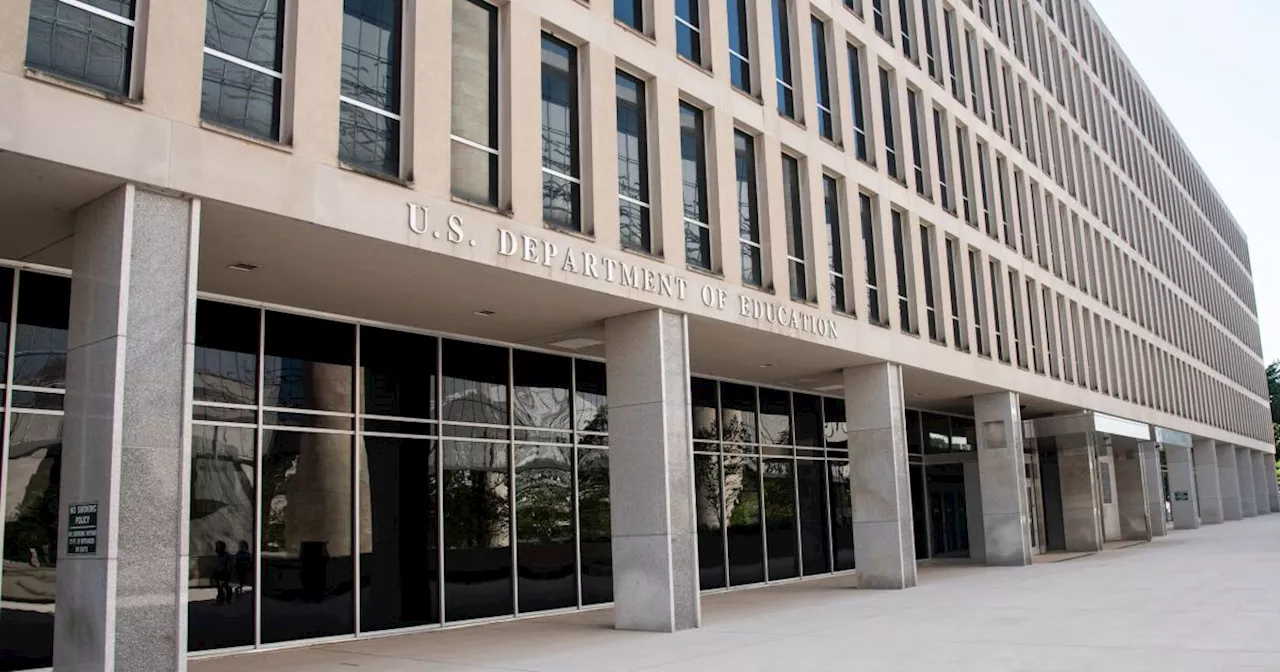 Trump Administration Explores Dramatic Cuts to Education DepartmentThe Trump administration is considering significant cuts to the U.S. Department of Education, potentially including executive action to close unprotected programs and a call to Congress for full departmental closure. Dozens of staff have been placed on paid administrative leave, raising concerns among department employees.
Trump Administration Explores Dramatic Cuts to Education DepartmentThe Trump administration is considering significant cuts to the U.S. Department of Education, potentially including executive action to close unprotected programs and a call to Congress for full departmental closure. Dozens of staff have been placed on paid administrative leave, raising concerns among department employees.
Read more »
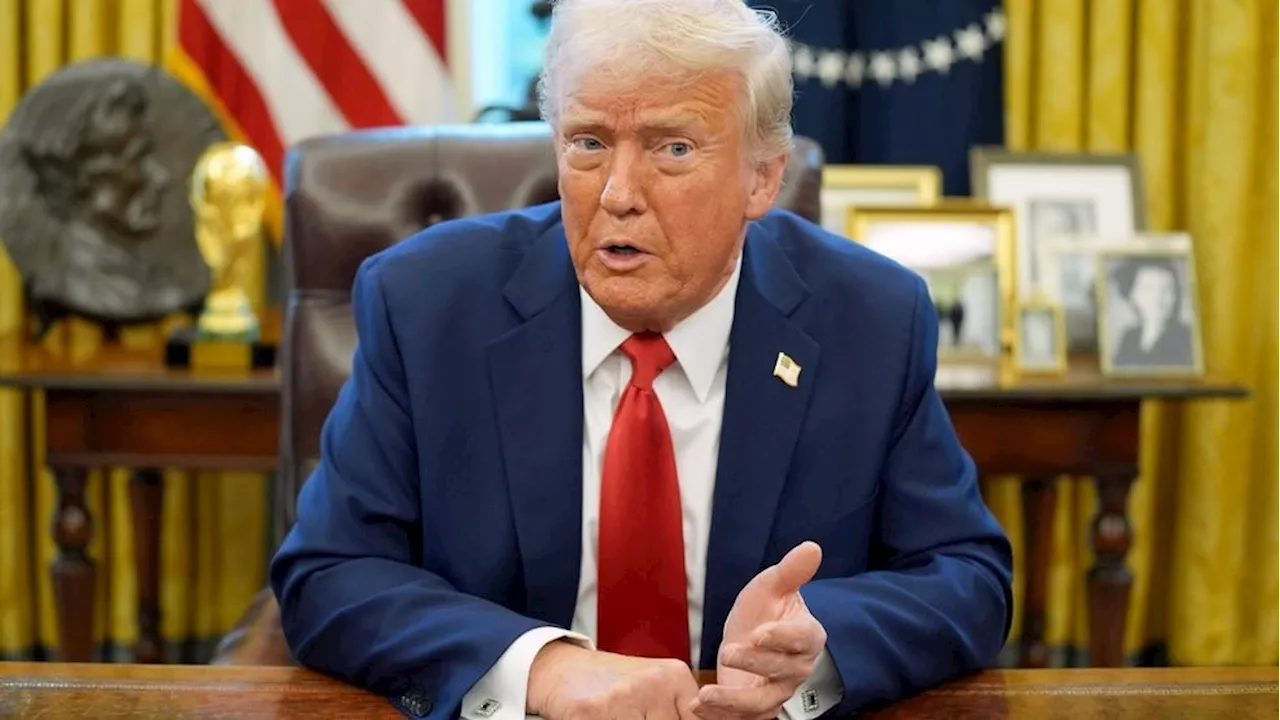 Trump Explores Shutting Down U.S. Department of EducationPresident Trump is reportedly drafting an executive order to shut down the U.S. Department of Education, citing the country's poor ranking in global education despite high spending per pupil. Trump argues that states like Iowa, Idaho, and Indiana demonstrate successful education systems without federal intervention. Billionaire Elon Musk, appointed to head the Department of Government Efficiency, expresses confidence in the plan's success. The move faces potential challenges, including congressional approval and opposition from the teachers' union.
Trump Explores Shutting Down U.S. Department of EducationPresident Trump is reportedly drafting an executive order to shut down the U.S. Department of Education, citing the country's poor ranking in global education despite high spending per pupil. Trump argues that states like Iowa, Idaho, and Indiana demonstrate successful education systems without federal intervention. Billionaire Elon Musk, appointed to head the Department of Government Efficiency, expresses confidence in the plan's success. The move faces potential challenges, including congressional approval and opposition from the teachers' union.
Read more »
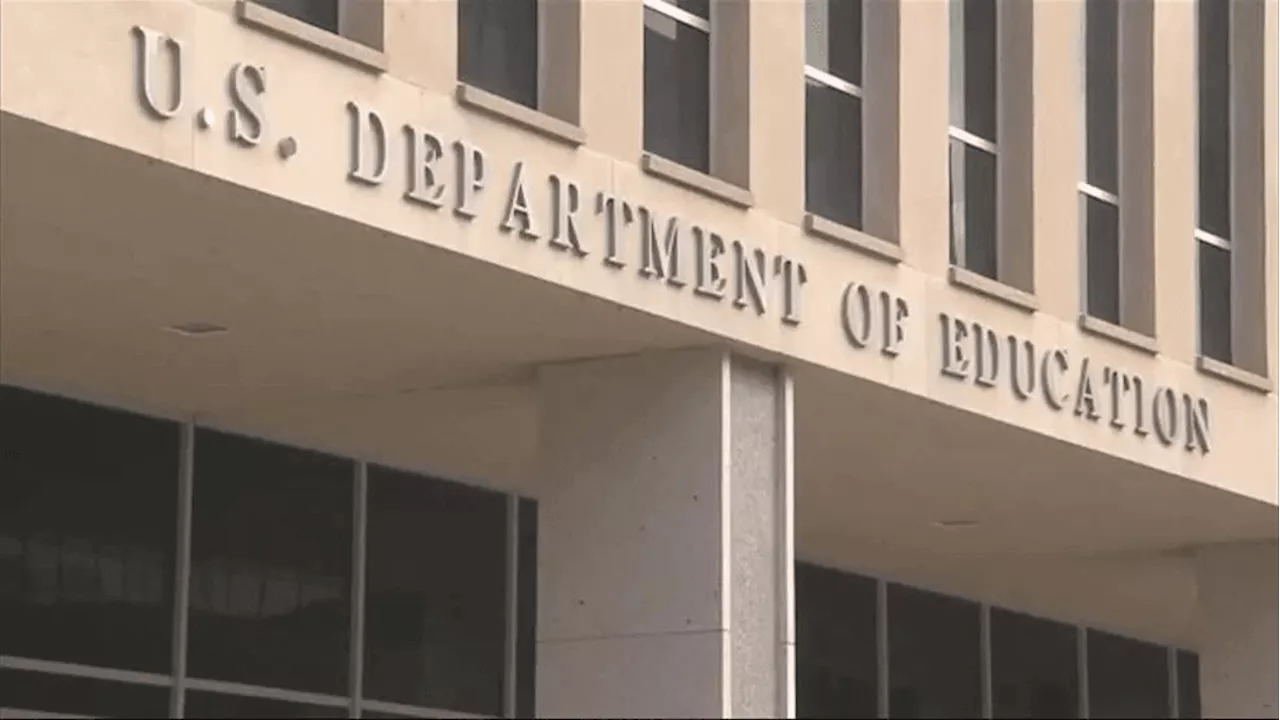 Proposed Department of Education Dismantling Raises Concerns for Special EducationThe potential elimination of the Department of Education by President Trump has sparked worry among parents and educators regarding the future of special education resources. Donte Moore, a parent of two sons with intellectual disabilities, expresses concern about the loss of crucial classroom support. The Department of Education historically provides funding and oversight for students with disabilities, ensuring equal learning opportunities. With the department's potential dismantling, educators and parents fear a decline in funding, oversight, and safety measures for these students.
Proposed Department of Education Dismantling Raises Concerns for Special EducationThe potential elimination of the Department of Education by President Trump has sparked worry among parents and educators regarding the future of special education resources. Donte Moore, a parent of two sons with intellectual disabilities, expresses concern about the loss of crucial classroom support. The Department of Education historically provides funding and oversight for students with disabilities, ensuring equal learning opportunities. With the department's potential dismantling, educators and parents fear a decline in funding, oversight, and safety measures for these students.
Read more »
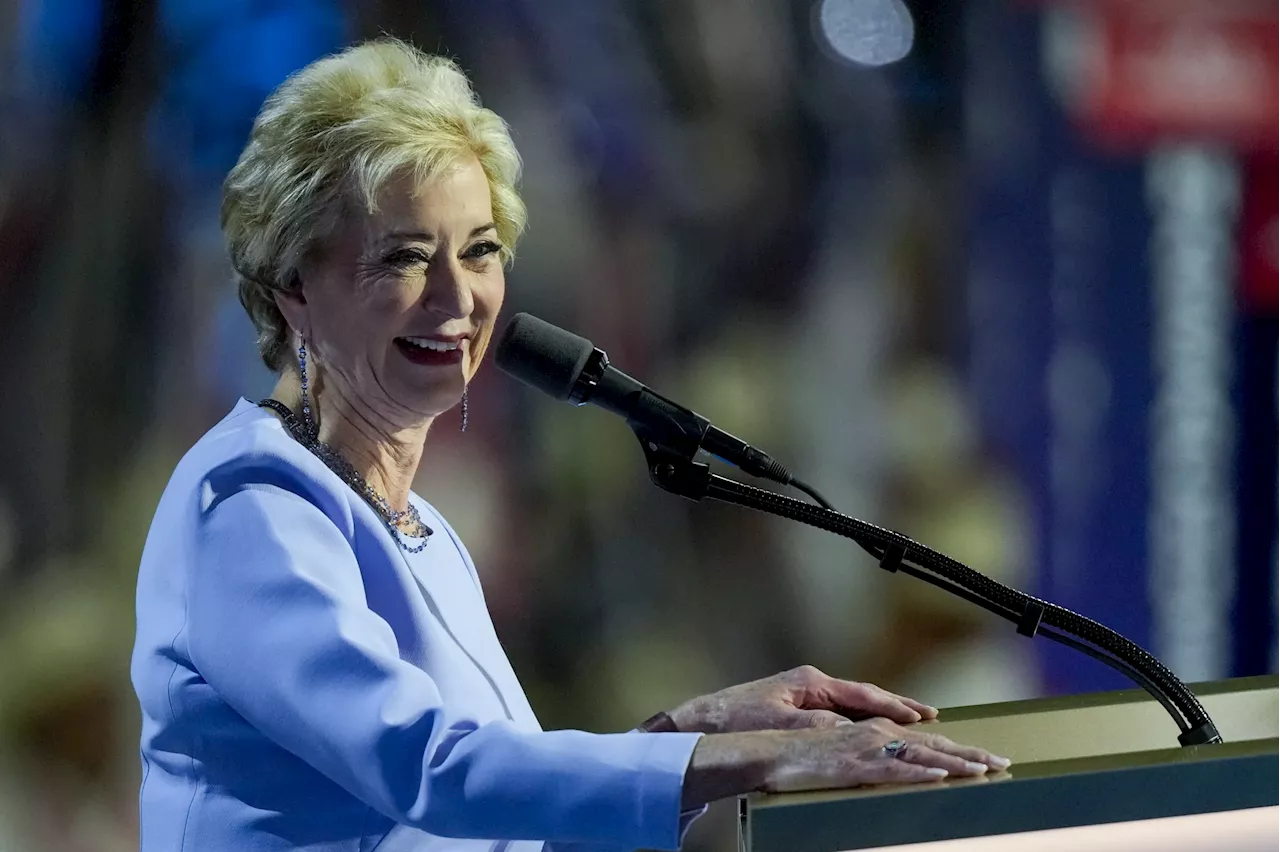 Trump’s Education Department pick means a bright future for our childrenPolitical News and Conservative Analysis About Congress, the President, and the Federal Government
Trump’s Education Department pick means a bright future for our childrenPolitical News and Conservative Analysis About Congress, the President, and the Federal Government
Read more »
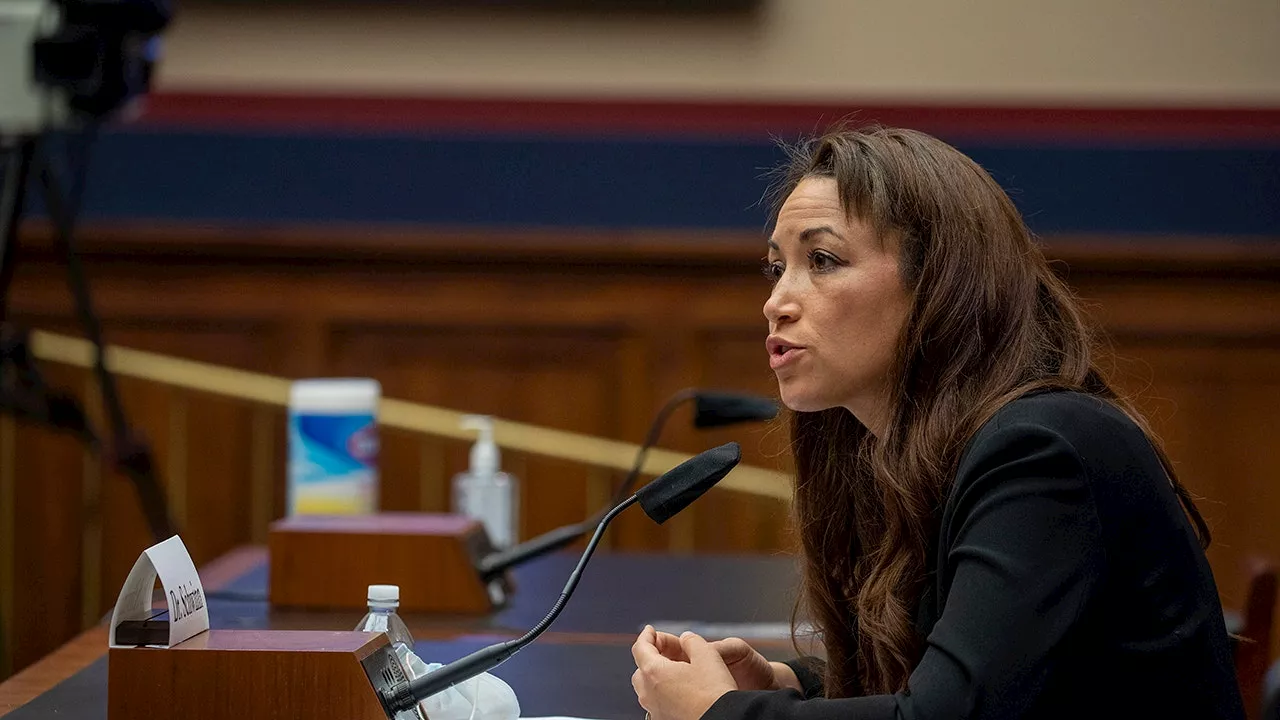 Trump nominates Penny Schwinn for deputy secretary of US Department of EducationPresident-elect Trump tapped Penny Schwinn, a former Tennessee education commissioner, for deputy secretary of the U.S. Department of Education.
Trump nominates Penny Schwinn for deputy secretary of US Department of EducationPresident-elect Trump tapped Penny Schwinn, a former Tennessee education commissioner, for deputy secretary of the U.S. Department of Education.
Read more »
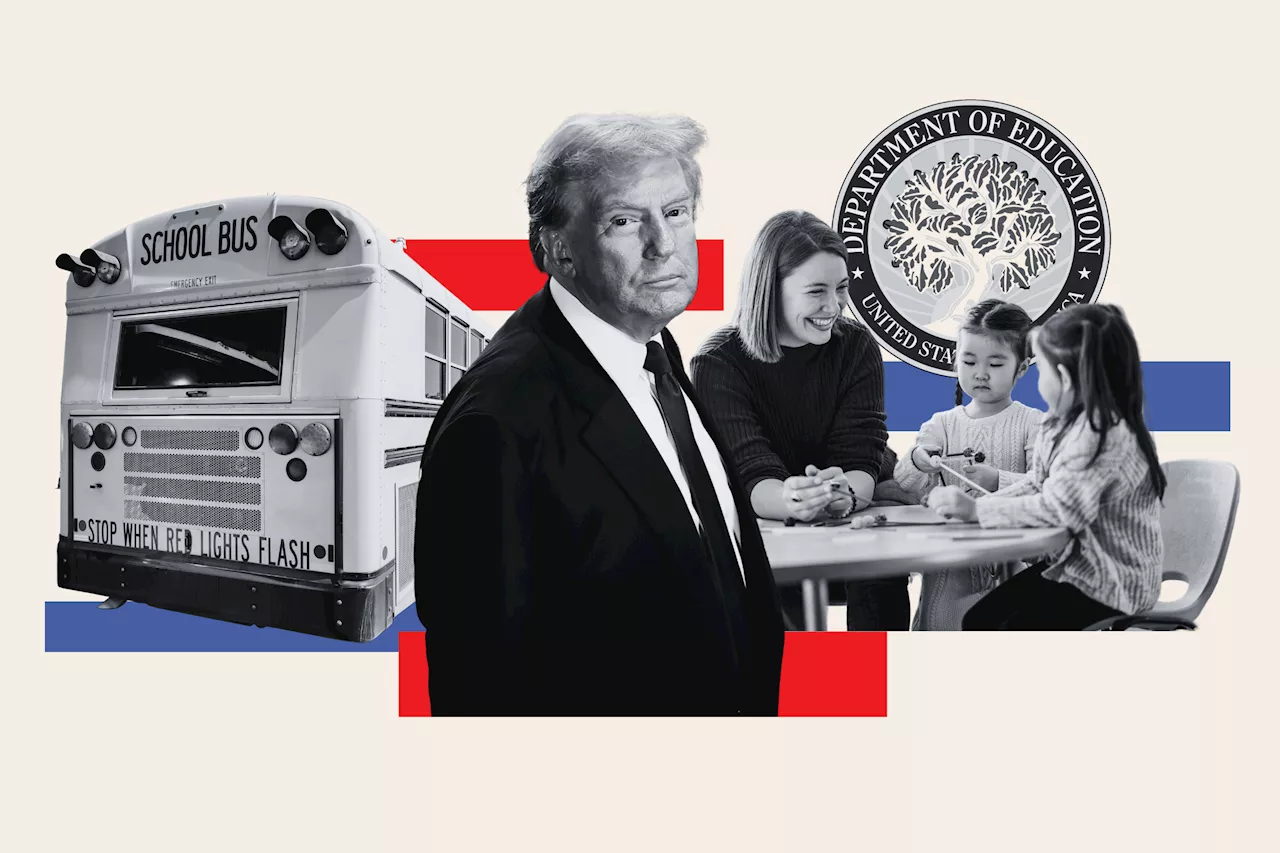 Trump Vows to Eliminate the Department of EducationPresident-elect Donald Trump plans to abolish the Department of Education, transferring its responsibilities to state governments and other federal agencies. This move would significantly alter the landscape of American education, impacting funding, civil rights, and parental choice.
Trump Vows to Eliminate the Department of EducationPresident-elect Donald Trump plans to abolish the Department of Education, transferring its responsibilities to state governments and other federal agencies. This move would significantly alter the landscape of American education, impacting funding, civil rights, and parental choice.
Read more »
